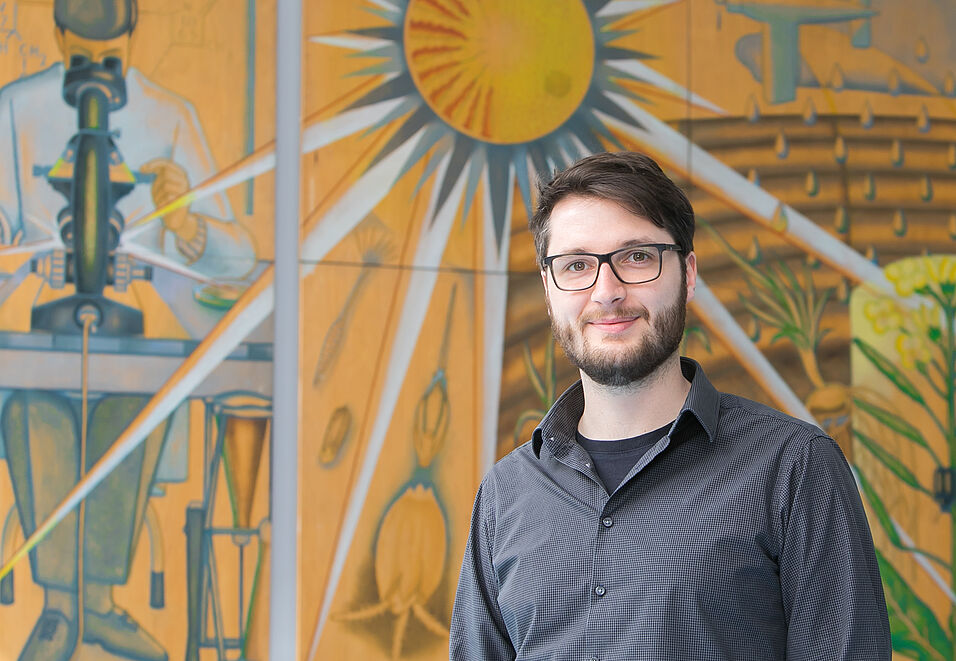Visiting professor*Austrian Educational Competence Centre Biology (AECC Biology), University of Vienna
*Research FellowBiologiedidaktik, Universität Leipzig
Abstract
Investigations of evolution knowledge and acceptance and their relation are central to evolution education research. Ambiguous results in this field of study demonstrate a variety of measuring issues, for instance differently theorized constructs, or a lack of standardized methods, especially for cross-country comparisons. In particular, meaningful comparisons across European countries, with their varying cultural backgrounds and education systems, are rare, often include only few countries, and lack standardization. To address these deficits, we conducted a standardized European survey, on 9200 first-year university students in 26 European countries utilizing a validated, comprehensive questionnaire, the “Evolution Education Questionnaire”.
We found that, despite European countries’ different cultural backgrounds and education systems, European first-year university students generally accept evolution. But at the same time, they lack substantial knowledge about it, even if they are enrolled in a biology-related study program.
We used a multilevel modeling approach to determine the relationship between acceptance of evolution and several other variables, such as evolution knowledge, personal religious faith, and whether or not a student is enrolled in a biology-related university program. I am going to present our results in detail, and discuss possible reasons for the lack of knowledge about evolution as well as consequences for teaching evolution both at upper secondary level and the undergraduate level.
In this study, also students from the University of Vienna participated.
The results of the study are published here:
Kuschmierz, P., Beniermann, A., Bergmann, A., et al. (2021): European first-year university students accept evolution but lack substantial knowledge about it: a standardized European cross-country assessment. Evo Edu Outreach 14, 17. https://doi.orghttp://c/10.1186/s12052-021-00158-8

